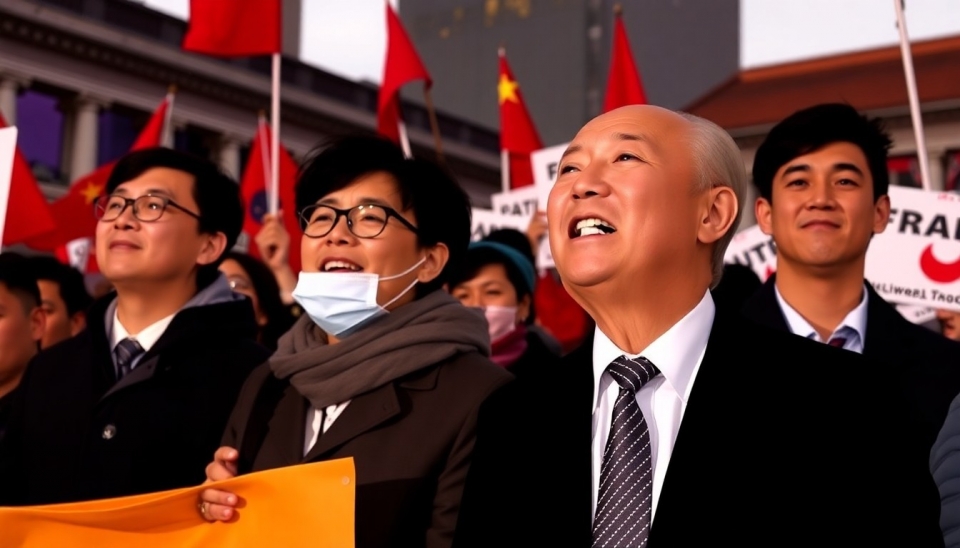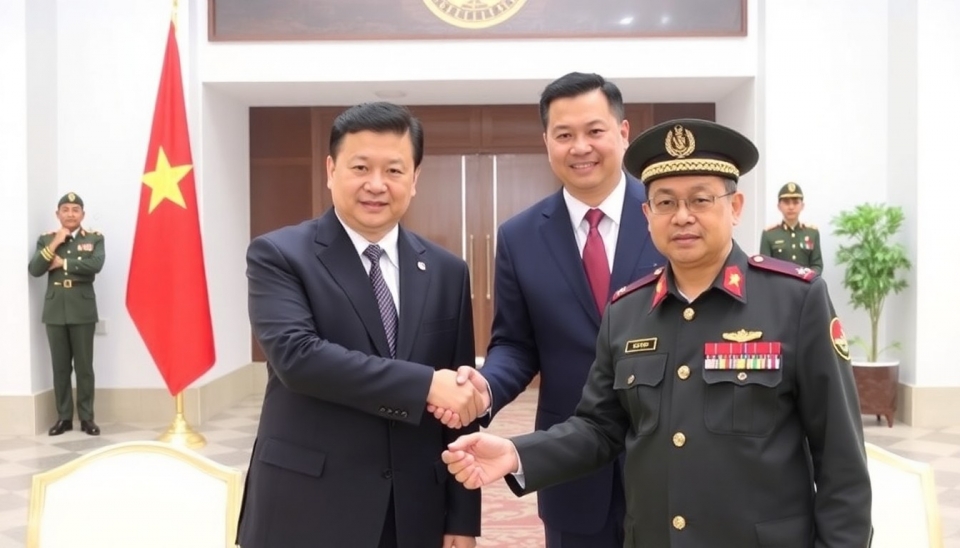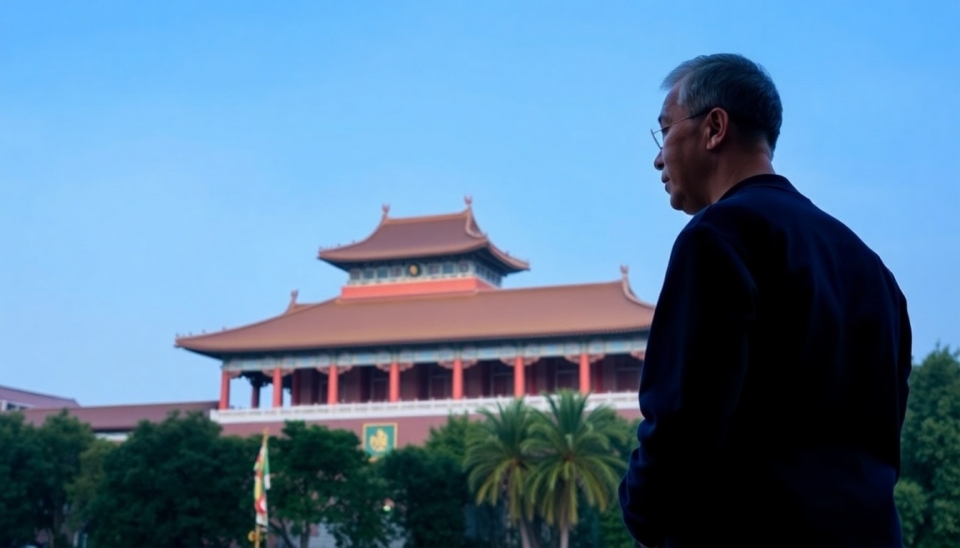
A recent surge of posts from influential Chinese bloggers on social media platforms has showcased a unified response to comments made by former President Donald Trump. This flurry of activity reflects a growing sense of nationalism among Chinese netizens, who are increasingly vocal about their perspectives on international relations, particularly in regards to the U.S.
It all began when Trump made a series of remarks that were perceived as derogatory towards China and its leadership. In response, popular figures and influential content creators on platforms like Weibo began to mobilize their audiences, sharing memes, commentary, and creative responses aimed at countering Trump's narrative. Their actions reveal a digital battleground where influencers are taking a stand to shape public perception and defend their nation's dignity.
Among the strategies highlighted by these bloggers is a practicing of posting humorous or satirical content intended to undercut the seriousness of Trump's remarks. Some opted for clever memes that juxtaposed Trump's statements with contradictions or absurdities, thus undermining his credibility in a playful yet effective manner. Others resorted to historical references or pop culture analogies to engage their followers, framing the discourse in a way that resonates with younger audiences.
This trend reflects a broader cultural movement within China, where social media serves as a platform for expression and collective action. The influential bloggers, who command substantial followings, play a crucial role in informing and mobilizing public sentiment, pushing back against narratives perceived as unfavorable.
The digital confrontation has not gone unnoticed, as it also serves to galvanize a form of digital patriotism among the Chinese populace. This resurgence of nationalism in the face of foreign criticism underscores the importance of social media in contemporary geopolitical dialogues, where public opinion can be swiftly shaped and amplified.
Experts argue that this phenomenon is not merely a social media trend but rather a reflection of deeper sentiments felt within the country. As China's global status continues to evolve, so too does the online discourse, with many citizens eager to assert their perspectives on the world stage. The actions of these bloggers underscore the growing agency of individual voices in shaping national narratives, particularly in the context of rising tensions between the U.S. and China.
As former President Trump continues to attract attention with his controversial statements, it is likely that this digital pushback will continue. The convergence of politics and social media has created an environment where influencers can harness their platforms not only for entertainment but also for impactful social commentary.
The reaction from these bloggers might indicate a new era in social media advocacy within China, where individual empowerment through digital platforms could redefine how the nation interacts with global narratives. With their powerful reach and ability to engage younger demographics, these influencers represent a significant force in shaping the ongoing discourse surrounding international relations.
As the situation unfolds, viewers and analysts alike will be watching closely to see how this new wave of online activism influences the broader geopolitical landscape and impacts China's relations with other countries, especially the United States.
#China #Trump #SocialMedia #Influencers #Nationalism #Geopolitics #OnlineActivism
Author: John Miller




